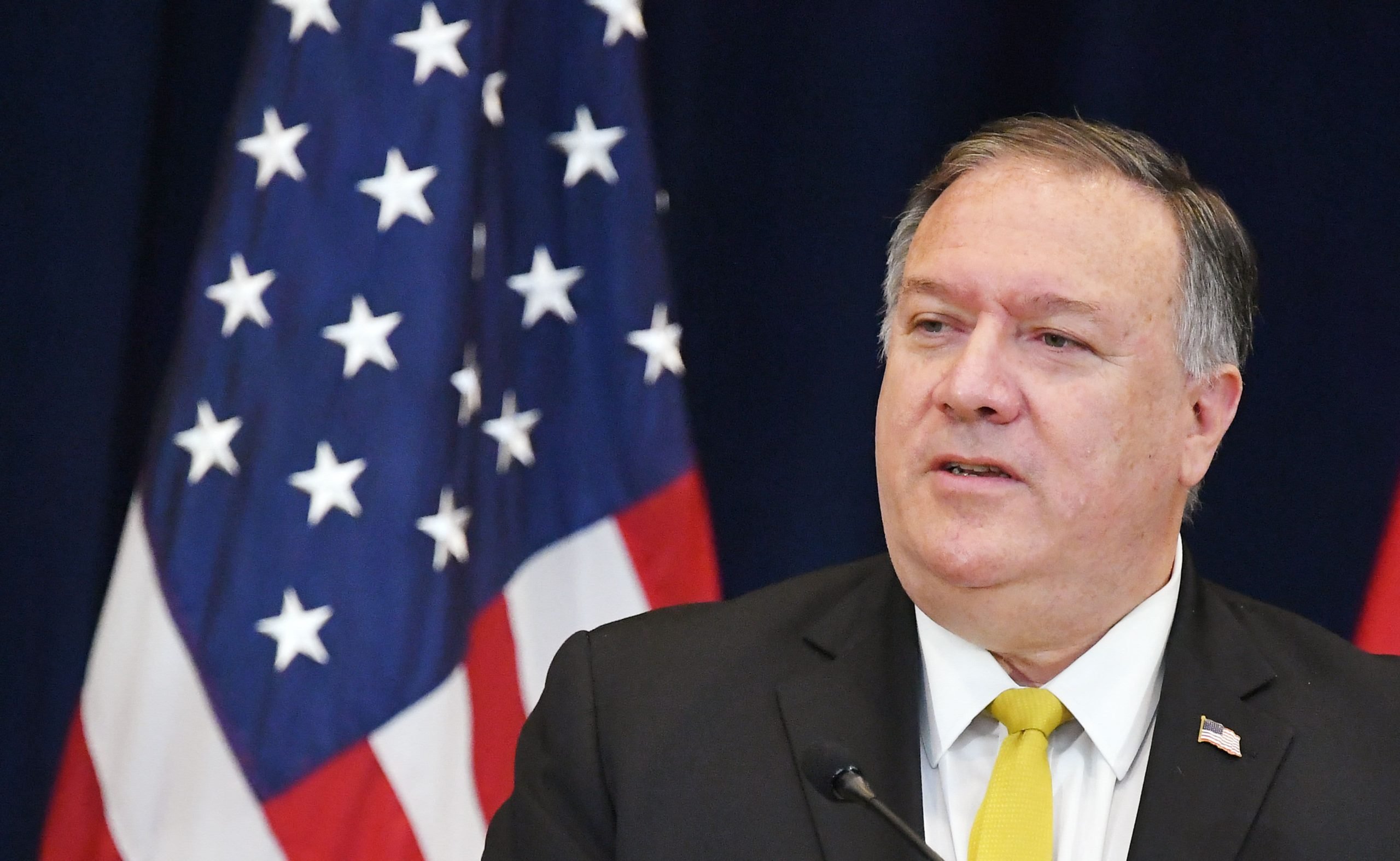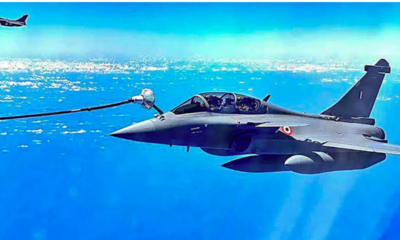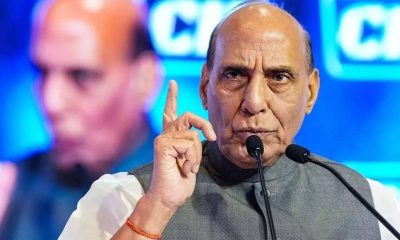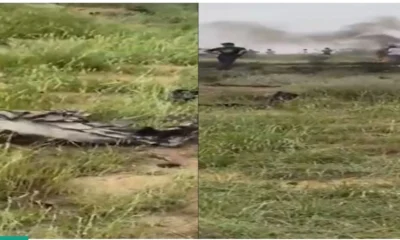Latest world news
US intervention prevented India-Pakistan nuclear war post 2019 Balakot strike: Mike Pompeo
A timely intervention by the Trump administration prevented a potential nuclear war between India and Pakistan after the 2019 airstrikes, former US secretary of state Mike Pompeo has claimed in his new book.

Latest world news
PM Modi and Netanyahu pledge deeper defence, trade ties during Israel visit
PM Narendra Modi and Benjamin Netanyahu pledged to deepen defence, trade and connectivity ties during Modi’s visit to Israel, with missile deals and IMEC discussions on the agenda.
Latest world news
Canada softens stance on alleged Indian interference ahead of PM Carney’s India visit
Canada appears to ease its earlier allegations of Indian interference as PM Mark Carney heads to India to strengthen trade and strategic ties.
Latest world news
PM Modi reaffirms support for Israel, recalls 26/11 victims in Knesset address
Addressing Israel’s parliament, PM Narendra Modi reaffirmed India’s support for Israel, condemned terrorism, and recalled the 26/11 Mumbai attacks.
-

 India News16 hours ago
India News16 hours agoMK Stalin predicts frequent PM Modi visits to Tamil Nadu before assembly election
-

 Latest world news16 hours ago
Latest world news16 hours agoIndia eyes Rs 8,000 crore mid-air refuelling aircraft deal as PM Modi begins Israel visit
-

 Latest world news2 hours ago
Latest world news2 hours agoPM Modi reaffirms support for Israel, recalls 26/11 victims in Knesset address
-

 Latest world news2 hours ago
Latest world news2 hours agoCanada softens stance on alleged Indian interference ahead of PM Carney’s India visit
-

 India News1 hour ago
India News1 hour agoPM Modi crosses 100 million followers on Instagram, first world leader to achieve milestone
-

 Latest world news1 hour ago
Latest world news1 hour agoPM Modi and Netanyahu pledge deeper defence, trade ties during Israel visit
-

 India News59 mins ago
India News59 mins agoOver 5,000 tribals join BJP in Assam’s Goalpara ahead of elections














